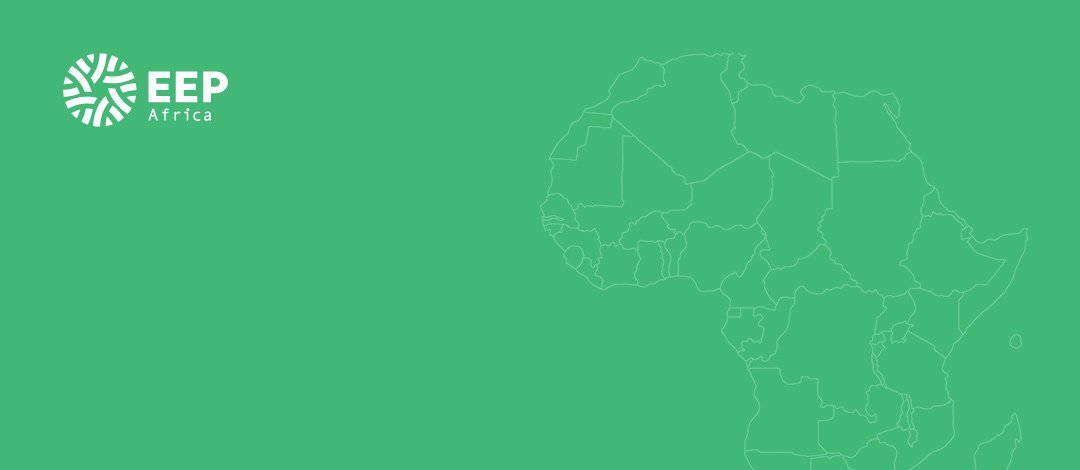
Global Goals Week is a world-wide campaign organized 16-23 September alongside the UN General Assembly in New York to raise awareness of the UN Sustainable Development Goals and to support the progress towards ending poverty, protecting the planet, and ensuring prosperity for all. In the spirit of the Global Goals Week, we will shine a spotlight on how EEP Programme and the EEP project developers are engaged in achieving these goals in Southern and East Africa.
EEP’s mission of improving lives in the developing countries through better energy services aligns strongly with the United Nations Sustainable Development Goals (SDGs or Global Goals) launched in September 2015 as The Agenda 2030. Energy is critical for achieving socially, environmentally and economically sustainable development and therefore all EEP actions support the objectives of the Agenda 2030.
Read below more about the SDG progress and EEPs efforts towards achieving the SDGs. Detailed results of the EEP programme can be found in the EEP Semi-Annual M&E Programme Report 2017.
SDG 7: Affordable and clean energy
Closest to the core of EEP programme is the SDG number 7: “Ensure access to affordable, reliable, sustainable and modern energy for all.”
By 2030, the objective is to increase substantially the share of renewable energy in the global energy mix and double the global rate of improvement in energy efficiency. To make this possible, the UN member states are encouraged to enhance the international cooperation, infrastructure and technology development.
As an example of EEP’s strong contribution to SDG 7, by mid-2017, nearly 800,000 households have gained access to sustainable energy and the potential lies in the project developers that plan to scale-up their business with the help of EEP funding and aim to reach a growing number of households.
SDG number 5: Gender equality
Women’s empowerment and stopping gender-based discrimination form the goal of SDG number 5: “Achieve gender equality and empower all women and girls”
Access to clean energy has a significant impact on the lives of women girls. Through EEP projects women and girls especially in rural Africa have been freed from the burden of collecting fuelwood, their safety has been improved by lighting and their income generating opportunities have increased. Gender equality is a cross-cutting issue in EEP and our brand new Gender In-Depth study demonstrates how EEP projects have managed to make difference, both by providing access to clean energy and empowering women economically through job creation.
According to the recent M&E results EEP projects have created direct full-time jobs to 2,264 women in the energy sector.
SDG 8: Decent work and Economic Growth
Poverty reduction is only possible through stable jobs with decent salaries. The SDG 8 aims to “Promote sustained, inclusive and sustainable economic growth, full and productive employment and decent work for all”. Innovation, technology upgrading and job creation particularly for women and youth population are key elements of EEP and crucial for promoting sustainable economic growth.
By June 2017 the EEP M&E results show that 6,405 permanent full-time jobs have been created by EEP project developers, and through improved energy access several additional income opportunities have been generated. 44% of the projects were identified with high probability of replication or scale-up, which enhances the economic growth prospects, sustainability of the jobs and is able to create additional formal employment.
SDG 13: Climate Action
Our energy choices, both in developed and developing countries, are among the critical causes of climate change, which means that EEP is engaged in progressing the SDG 13: “Take urgent action to combat climate change and its impacts”.
In total, the EEP projects monitored by mid-2017 have contributed to saving 349,548 tonnes of CO2. EEP provides the project developers Business Development Support that aims to help in raising additional investment as access to finance remains a significant challenge for projects in the renewable energy sector. With the additional investment, scale-up and replication the potential to impact climate change through sustainable renewable energy businesses is much more than the current results. In addition to providing project grants, EEP encourages awareness raising and advocates policy processes to improve the status of renewable energy and energy efficiency in Southern and East Africa.


